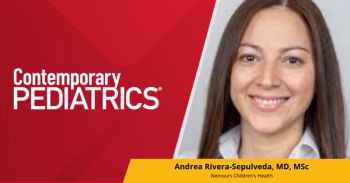
How detention camps impact detained children
The detention crisis at the border of the United States has led to many doctors worrying about the psychological toll on the children held in the detention camps. A recent studyoffers some insight into the problem.
The detention crisis at the border of the United States has led to many doctors worrying about the psychological toll on the children held in the detention camps. A recent study published in
Researchers interviewed 425 mothers being held in a US immigration detention center about their eldest child, who was aged between 4 and 17 years, using the Parent-Report Strengths and Difficulties Questionnaire. Additionally, a subset of the children aged ≥9 years (n = 150) were also assessed using the UCLA Post-Traumatic Stress Disorder Reaction Index. The assessment occurred over the course of 2 months in mid-2018.
In the sample of 425 children, the researchers found elevated scores for emotional problems (32%), peer problems (14%), and total difficulties on the Questionnaire. When compared to older children, children aged 4 to 8 years were found to have more difficulties linked with conduct, hyperactivity, and total difficulties (all p < 0.001). Children who had been forcibly separated from their mothers showed more emotional problems (49%, pâ¯=â¯0.003) and total difficulties (15%, pâ¯=â¯0.015), unlike their counterparts who had never been separated. In the subset, researchers found that 17% of the children had a probable diagnosis of post-traumatic stress disorder. At least 44% of the studied children had at least 1 emotional or behavioral concern.
The researchers concluded that the children in the detention camps are experiencing high levels of mental health stress. They believe that comprehensive mental health screening, trauma-informed mental health care, and release into the community would benefit the children.
Newsletter
Access practical, evidence-based guidance to support better care for our youngest patients. Join our email list for the latest clinical updates.








